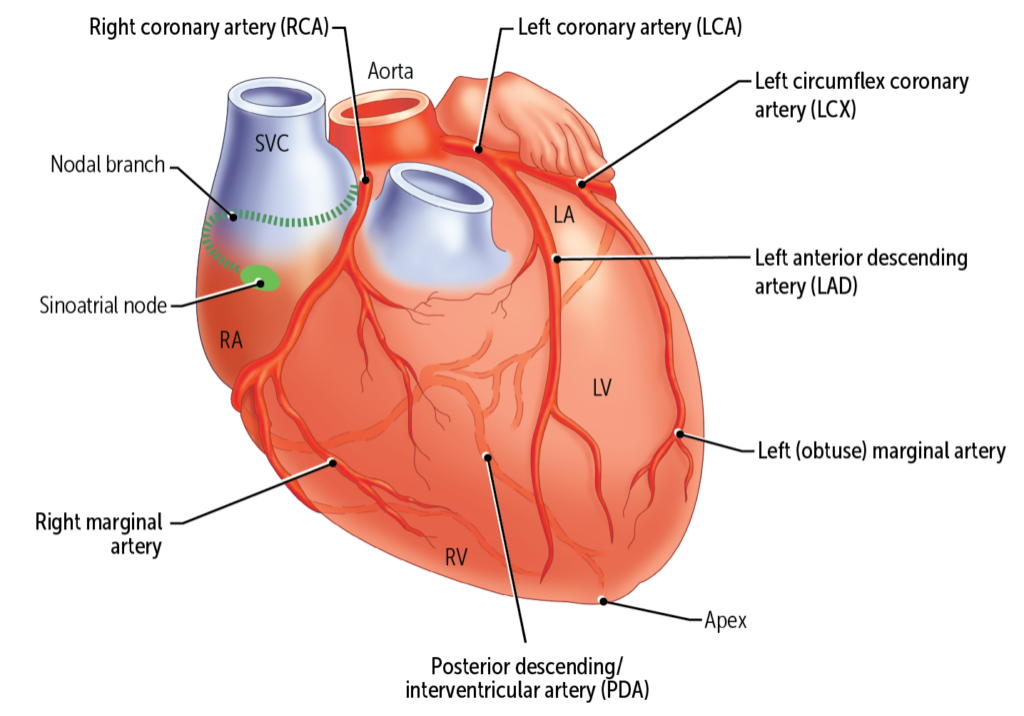Myocarditis is the inflammation of the heart muscle. This muscle is the middle layer of the heart, formally called the myocardium, hence the name myocarditis (the -itis suffix indicates inflammation). Inflammation of the myocardium can be caused by a variety of etiologies, from infection to drugs. If severe enough, inflammation can lead to necrosis and cardiomyocyte death. This is dangerous because the heart is considered permanent tissue. This means there is limited regenerative potential, so tissue loss is essentially permanent. As part of the healing process, myocardial tissue is replaced by a fibrous scar to fill the defect. But because the fibrous scar has no contractile properties, it diminishes the heart’s strength. If severe enough, this damage can even cause heart failure.
After listening to this AudioBrick, you should be able to:
- Define myocarditis.
- List the most common viral, bacterial, fungal, and parasitic causes of myocarditis, and describe the general mechanism for how these agents damage the myocardium.
- List noninfectious causes of myocarditis, and describe the general mechanism for how the myocardium is damaged in these conditions.
- Describe the characteristic microscopic features of acute infectious myocarditis.
- Describe the typical presentation, clinical spectrum, and prognosis of myocarditis.
If you haven’t subscribed to the Rx Bricks Podcast, we suggest you do it today!
Head to the homepage for the Rx Bricks Podcast to hear the full episode and subscribe so that you’re notified when the next one drops.




